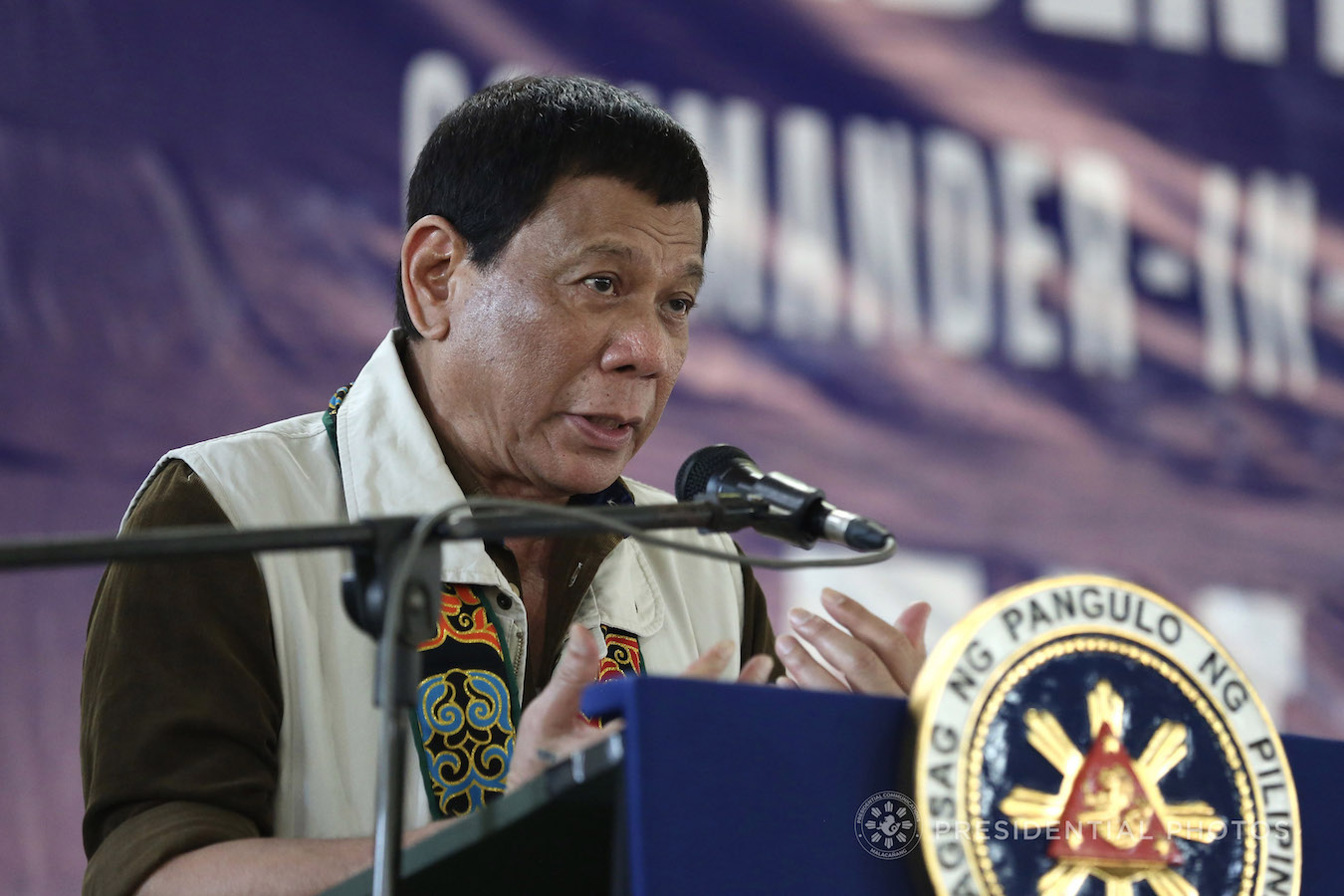News
Duterte reiterates call for the passage of FOI law
President Rodrigo Duterte on Monday renewed his call for Congress to pass the Freedom of Information Law, more than a year after he signed an executive order institutionalizing the policy of “full public disclosure and transparency in the public service.”
“I hope that both the legislative and judicial branches of government would join us in strengthening our democratic institutions by following suit and instituting measures that would allow unfettered public access to relevant information about their affairs, subject to reasonable restrictions and regulations in exceptional circumstances,” Duterte said in his message for the first anniversary of the implementation of the executive order on FOI.
On July 23, 2016, during his first month in office, Duterte issued the Executive order no. 2 upholding the Freedom on Information.
“Within the first month of this administration, we took immediate action to address the urgent need to preserve and defend our people’s constitutional right to information on matters of public concern,” Duterte said.
“It is by ensuring accountability in public service through an informed citizentry that we can truly realize the constitutional tenet that indeed “sovereignty resides among people and all government authority emanates from them,” he added.
For his part, Presidential Communications Assistant Secretary Kristian Ablan said the executive branch expressed hopes that the Congress would deliberate on FOI after the tax reform bill and the 2018 national budget are passed.
“We have actually talked with our FOI champions in the Senate and in the House of Representatives. And they have promised that hopefully after the passage of the tax reform bill as well as the budget for next year, the next bill to be tackled by the Congress is the FOI law,” Ablan said.
“Although the FOI Executive Order is a step towards the right direction, it would still be better if we have an FOI law,” Ablan added.
The order requires all offices, bureaus, departments, and agencies under the executive branch to disclose documents and records of their transactions.
Documents covered by the order are official records, public records, and documents and papers pertaining to official acts, transactions or decisions and government research data used as basis for policy formulation. Exemptions to the order include privileged information on national security, those that are covered by executive privilege, and those that violate the privacy of individuals.
The order only covers government offices under the executive branch. An FOI law is needed to compel the legislature and judiciary to adopt the policy.






















